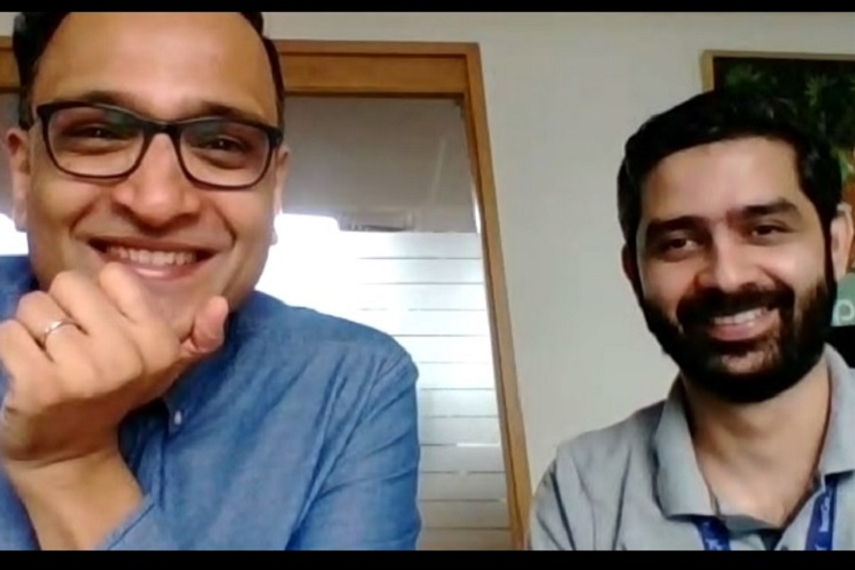
Please sign in or register
Existing users sign in here
Having trouble signing in?
Contact Customer Support at
[email protected]
or call+91 022 69047500
The director of marketing and communications at Indigo and his agency partner, Wieden+Kennedy's managing director, Gautham Narayanan explain how the airline is solving marketing issues during the pandemic

Contact Customer Support at
[email protected]
or call+91 022 69047500
Top news, insights and analysis every weekday
Sign up for Campaign Bulletins
Wavemaker, Spark Foundry, PHD emerge as top media agencies, finds New Business Barometer 2024 report by COMvergence.
Names Dan Hagen as the group’s global chief data and technology officer and Jamie Seltzer as the global chief data and technology officer for HMN.
Radio revenues grow 9% in 2024 to INR 2,500 crores; digital media ad revenues expected cross INR 1 lakh crores in 2026, finds FICCI- EY report.
Group has shifted towards non-advertising specialisms.